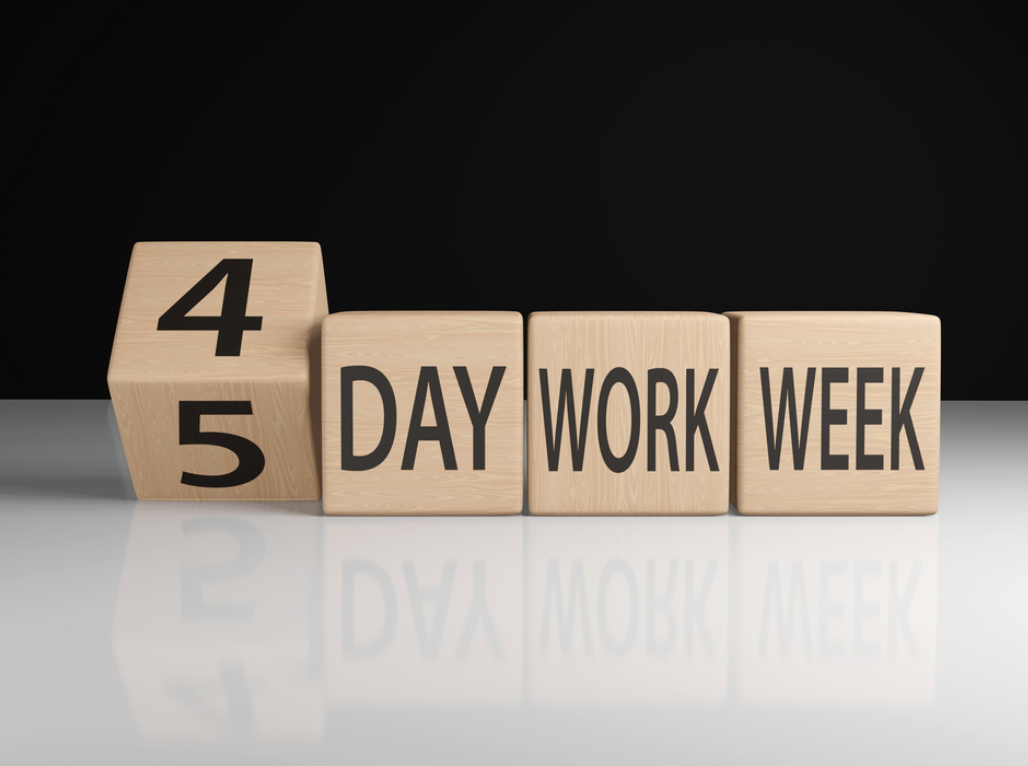Do you work for a calm company

Recent posts

From Firefighting to Innovating: 4 Strategies to Carve Out Space for Creativity
Zoe Aitken • 29 August 2024

COORDINARE’s Four-Day Week Success: 3 Powerful Lessons You Need to Know
Charlotte Rush • 29 August 2024

Everything I thought I knew about Work was Wrong: My Eye-Opening CEO Journey
Tina McIntosh • 1 August 2024
I caught up with Janine Allis (founder of Boost Juice and a shark on Shark Tank) this week for a chat on the How I Work podcast and it was fascinating hearing about how one of Australia’s leading innovators and entrepreneurs works.
Janine has a bunch of rules that she tries to apply when structuring her week. One of those rules is that she doesn’t come into the office before 11am. She does this so she can start the day in a calm manner, spend time with family, do school drop offs, and have some time to think before coming into the world of interruptions that is the modern office.
(You can check out the full interview here if you are interested in knowing more about how Janine works!)
Janine’s 11am rule really resonated with me for a couple of reasons. Firstly, because I tend to run on a similar structure. I don’t appear at the office before lunchtime on most days, and on at least 2-3 days per week I try to work from home. I find I can achieve so much more in one day at home that I ever could from five full days spent in the office.
The second reason why Janine’s strategy resonated with me is because I’ve just finished reading the latest gem from Basecamp founders Jason Fried and David Heinemeier Hansson. It’s called “It doesn’t have to be crazy at work”. The book explains how they have challenged the default that exists in most workplaces (think: back-to-back meetings, no time to think, 50+ hour weeks, never-ending emails to respond to) and have created what they call a Calm Company.
At Basecamp, for example, no one can see anyone else’s calendar. This means that scheduling a meeting in someone’s diary, for example, requires them to demonstrate why there is value in the meeting and in attending – as opposed to having the power to control all your co-workers’ diaries – something that exists in most organisations.
They are also strict enforcers of an eight hour day and 40 hour week at Basecamp. The authors talk about how an eight hour day is plenty of time to achieve a great day’s work. Think about a flight from New York to London, which is around eight hours. This feels like a long stretch of time because there are no interruptions or distractions. In contrast, it is common in many organisations to get to the end of a 10+ hour work day and ask yourself: “where did the day go?”. This happens because of the hundreds of incoming requests and distractions that we can be hit with every day. And of course spending our day in back-to-back meetings doesn’t help either.
We all know that innovation doesn’t thrive in stressed out environments. What can you do to create more calm in your organisation or in your working life?
Cheers,
Amantha
We’ve created a report that explains the six innovation mistakes almost every organisation makes.
Avoid those mistakes by reading this!